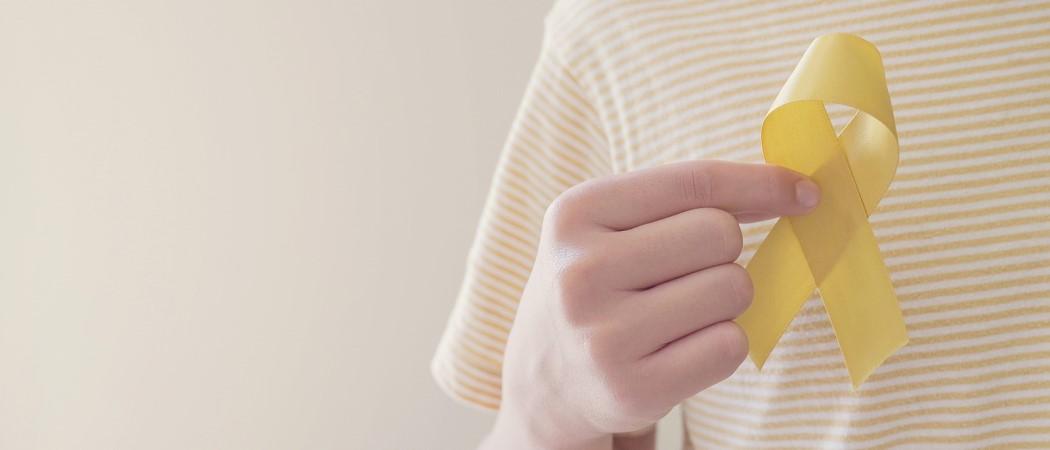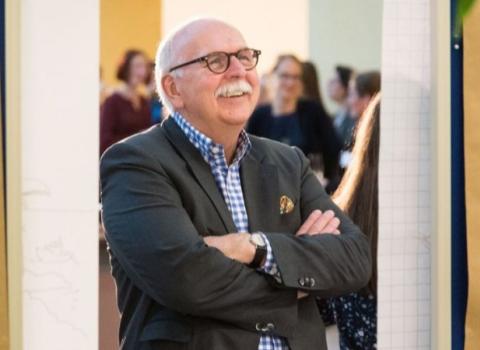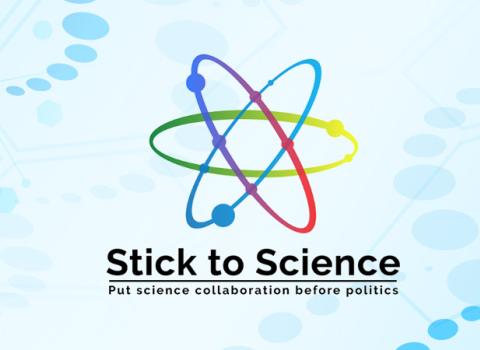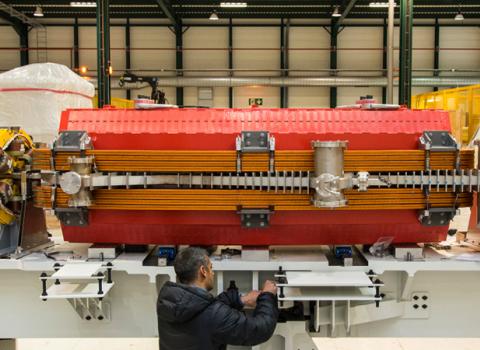Survival rates from childhood cancers vary widely across the EU. Losing access to researchers and experts in the UK and Switzerland will make progress more difficult across Europe, scientists say

Science has made great progress in cancer research in recent years – but to keep that momentum going, researchers say it’s important that Swiss and British colleagues not be excluded from key European Union research projects on childhood cancer.
“All paediatric cancers are rare, and therefore in research you need to collaborate across borders to get a large enough sample size,” said Olga Kozhaeva, director of policy affairs at the European Society for Paediatric Oncology (SIOP Europe). “If [the UK and Switzerland] don’t participate, this is a problem not only for the advancement of scientific knowledge but also in terms of poorer outcomes [for patients], both in the EU and the UK.”
At issue is Swiss and British participation in Horizon Europe, the EU’s flagship R&D programme, which funds much cancer research. Due to political disagreements – with the UK over Brexit terms, and with the Swiss over broader bilateral negotiations over market access – researchers from both countries are at least temporarily cut off from new research projects under the programme. That has had knock-on effects in many fields, but in cancer research it has become especially delicate, researchers say.
The ones left out
Every year in Europe nearly 35,000 children aged 0 to 19 years are diagnosed with cancer, and 6,800 die, according to the World Health Organisation. Cancer remains the leading cause of disease-related death for children aged between one and 15 years of age. However, the word “cancer” stands for a broad range of diseases, and childhood cancers are different from adult versions, often presenting as much more aggressive. They’re also less common than adult cancers, which means that only a handful of researchers across the entire EU might have expertise in a specific type of childhood cancer.
“Leukaemia represents one-third of all paediatric cancers, but for other childhood cancers you might have just 20 cases in one year across the whole EU,” said Prof. Carmelo Rizzari, president of SIOP Europe. “For some of these cancers there’s not yet a defined treatment. So having these discussions and interactions with colleagues who have seen a few of these patients is crucial.”
The low number of cases means that data about every single patient are needed for research if meaningful results are to be found. Every scientific study needs to have a minimum number of participants in order for its results to be considered statistically significant.
Survival rates for children with cancer across the EU vary broadly. Although wealthier countries report that on average eight out of 10 patients survive more than five years after diagnosis, other countries have less stellar results. For instance, the estimated five-year survival from a soft-tissue cancer called rhabdomyosarcoma was 39% in eastern Europe in 2005–2007 compared to 69% in northern Europe during the same time period, according to the World Health Organisation.
EU-funded research networks are helping to close this gap. Models such as the European Reference Network on Paediatric Cancer (ERN PaedCan) as well as the European Society for Paediatric Oncology Clinical Research Council have been hailed by the WHO as “examples that could be contextualised to other settings”, as a system for mitigating large inequalities in cancer survival rates by facilitating knowledge exchange between countries.
The role of research networks
The ERN PaedCan allows clinicians to collaborate rapidly to find solutions to help childhood cancer patients, offering opportunities for specialists across the EU to connect with one another quickly. . Since childhood cancers are so rare, there may be only one or two experts in the whole of Europe that can help with a specific case.
The UK and Switzerland have traditionally been strong sources of information and expertise for other EU countries, according to SIOP Europe’s Rizzari. For example, Romania, Portugal, Lithuania and Slovakia all report death rates to WHO of between 3.4 and 3.1 per 100,000 childhood cancer patients, compared to less than 2.1 for the United Kingdom and just 1.8 for Switzerland. Sharing knowledge from countries with better survival rates can improve outcomes across the EU.
After Brexit, three UK centres treating childhood cancer were excluded from the ERN PaedCan. This happened even as the EU has been separately emphasising the importance of tackling childhood cancers, both in its Europe Beating Cancer Plan and under Mission Cancer – two of its biggest cancer-fighting initiatives.
For its part, Cancer Research UK – a leading charitable funder – also expresses concern. “Continued delays to reaching an association agreement with Horizon Europe will harm collaboration, which will mean slower progress towards life-saving treatments for patients,” said Ian Walker, executive director of policy, information and communications at the organisation.
He adds: “Cancer is a worldwide issue that will only be solved if countries across the globe work together. The EU’s Cancer Mission is a bold long-term approach to tackling cancer, and we want UK researchers to be a part of that through access to Horizon Europe. For the UK to lose influence in Horizon Europe at this crucial moment would be a significant blow for UK cancer researchers.”
Said Rizzari of SIOP Europe: “There should be no borders. Knowledge has to be spread wherever it is possible and cooperation has be fostered and supported because science and health belongs to all of us. These areas should be left out of politics.”




